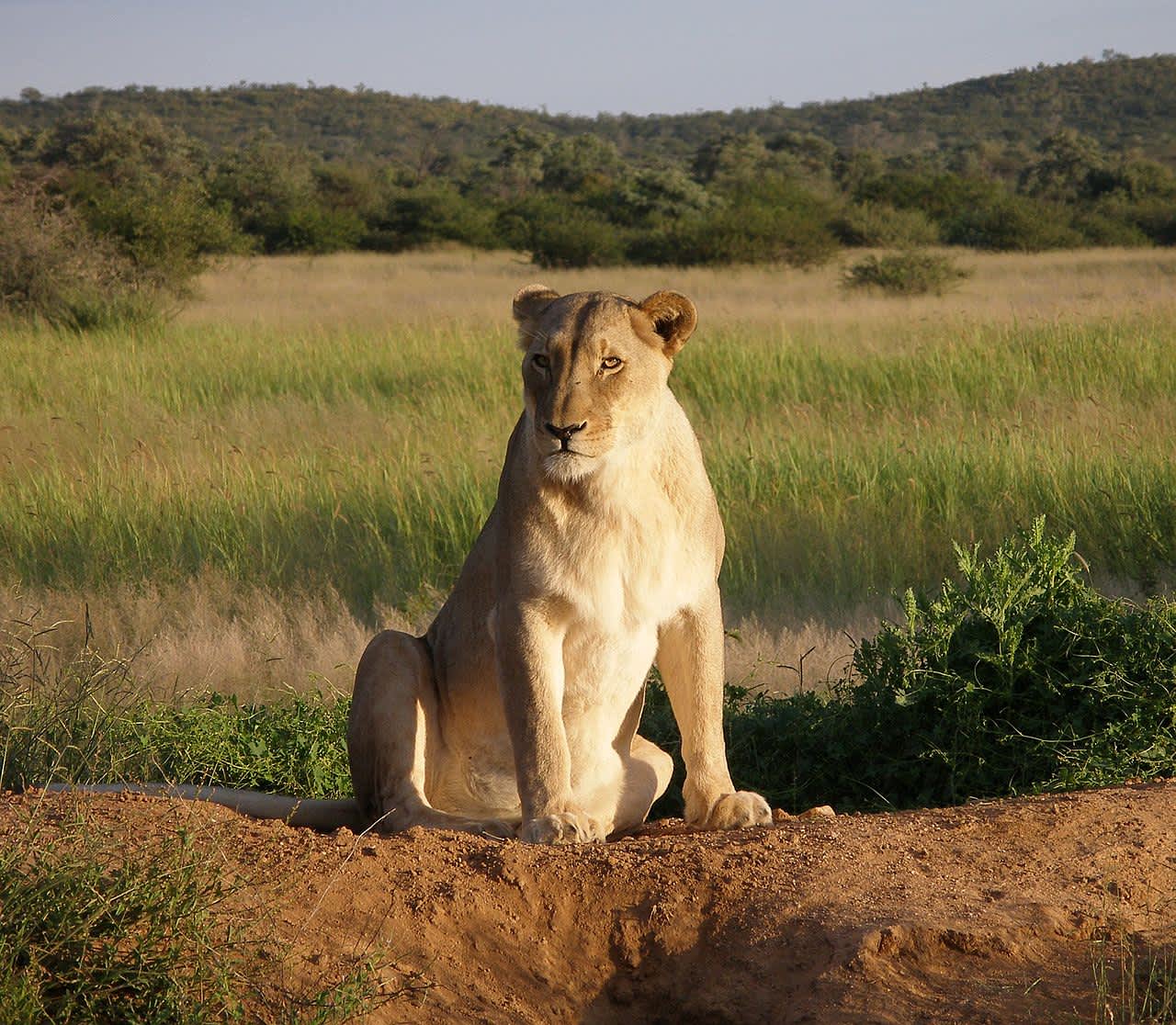USFWS: Sport Hunting is No Threat to African Lions
OutdoorHub Reporters 11.03.14

Last week, the US Fish and Wildlife Service (USFWS) proposed listing the African lion as “threatened” under the Endangered Species Act. In contrast with some groups that claim hunting has harmed lion populations, USFWS stated that the primary factors in the lion’s decline are loss of habitat, loss of prey base by poachers, and retaliatory killings by livestock owners. Instead of having a negative impact on the species as a whole, sport hunting has helped to manage the population, remove overly aggressive males, and provide funds for conservation and education.
“By providing incentives through the permitting process to countries and individuals who are actively contributing to lion conservation, the Service will be able to leverage a greater level of conservation than may otherwise be available,” said Dan Ashe, USFWS director.
Once widely spread across Africa, lions now primarily live in the eastern and southern regions of the continent in 10 “strongholds.” The population is in rapid decline and experts believe that as few as 32,000 of these animals still roam the African savannah. A growing concern for lion conservation is poaching of the prey animals that the big cats survive on. The loss of their prey base is driving wild lions to increasingly target livestock, which has led to illegal culls from local herders. If lions are added to the list of threatened species, the Endangered Species Act will provide limited financial assistance for lion conservation. Activists had called for the lions to be list as “endangered” instead, but that proposal was ultimately rejected by the USFWS. This decision was supported by hunting organizations such as Safari Club International (SCI), which argued against the endangered listing.
“The simple fact is the majority of lions live in protected areas. Efforts like that of the SCI Foundation play a critical role in assisting African range states utilizing best management efforts to ensure the lion has a bright future, not glossy advertisements and hyperbole. We will work with SCI Foundation to ensure the FWS is accountable to the facts and the law going forward,” said David Bernhardt, former Solicitor of the Department of the Interior, in a press release.
SCI President Joe Hosmer is encouraging hunters and conservationists to participate in the 90-day public comment period.

